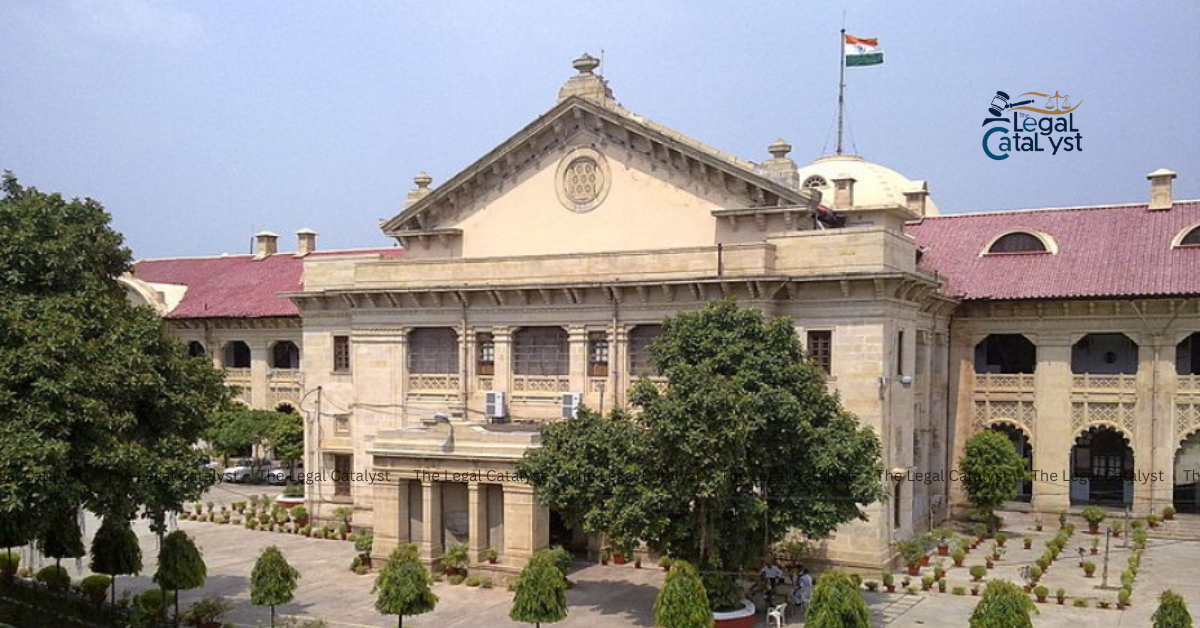In a significant development, the Allahabad High Court has held that the Bharatiya Nagarik Suraksha Sanhita, 2023 (BNSS) has effectively removed the restrictions previously imposed under Section 438(6) of the Code of Criminal Procedure (CrPC) on granting anticipatory bail in serious offences, including those punishable with death or life imprisonment.
Under a specific Uttar Pradesh State amendment to Section 438(6) CrPC, anticipatory bail was barred in cases related to:
- Unlawful Activities (Prevention) Act, 1967
- Narcotic Drugs and Psychotropic Substances Act, 1985
- Official Secrets Act, 1923
- Uttar Pradesh Gangsters and Anti-Social Activities (Prevention) Act, 1986
- Offences punishable with the death penalty
However, Justice Chandra Dhari Singh ruled that the BNSS — which came into force on July 1, 2024 — does not include any such restriction. The Court stated that since the BNSS is a procedural law, its provisions apply retrospectively unless expressly stated otherwise.
Case Background
The ruling came while granting anticipatory bail to Abdul Hameed, a 78-year-old man implicated in a 2011 firing incident in Uttar Pradesh, which led to the registration of an FIR under Sections 302, 307, 323, and 504 of the Indian Penal Code.
Hameed was named in the FIR but was not charge-sheeted initially due to a lack of evidence placing him at the scene. However, in 2019, the trial court summoned him under Section 319 CrPC after a witness changed their statement. His earlier discharge and anticipatory bail applications were rejected, partly due to the statutory bar under the CrPC.
Following the implementation of the BNSS, Hameed filed a second anticipatory bail plea under Section 482 of the new law. He argued that the revised legal framework no longer imposed the earlier restrictions, and his case should be reconsidered.
The State strongly opposed the plea, contending that Hameed’s application was an attempt to circumvent previous rulings and that BNSS could not be applied retrospectively to override existing laws or court findings from when the CrPC was in force.
Court’s Observations
The Court disagreed with the State’s stance and observed that:
- Section 482 of the BNSS, which now governs anticipatory bail, does not include the prohibition that existed under Section 438(6) CrPC.
- This omission appears to be a deliberate legislative decision and not an oversight.
- Since the BNSS does not create new offences or alter substantive rights, but only changes procedural aspects, it can be applied retrospectively unless there is clear legislative intent to the contrary.
The Court further noted that the earlier rejection of anticipatory bail was based solely on a now-defunct statutory restriction. With the repeal of that provision, the legal basis for the rejection no longer stands.
Taking into account Hameed’s age, medical condition, the lack of direct evidence against him, the fact that he wasn’t initially charge-sheeted, and the significant delay in proceedings, the Court held that he had made a prima facie case for anticipatory bail.
Key Takeaway
This judgment marks a pivotal shift in how courts may interpret and apply the procedural provisions under the BNSS. It underscores that changes in procedural law — especially those providing greater liberty — can apply to past cases, potentially opening the door for many to seek relief under the new framework.





